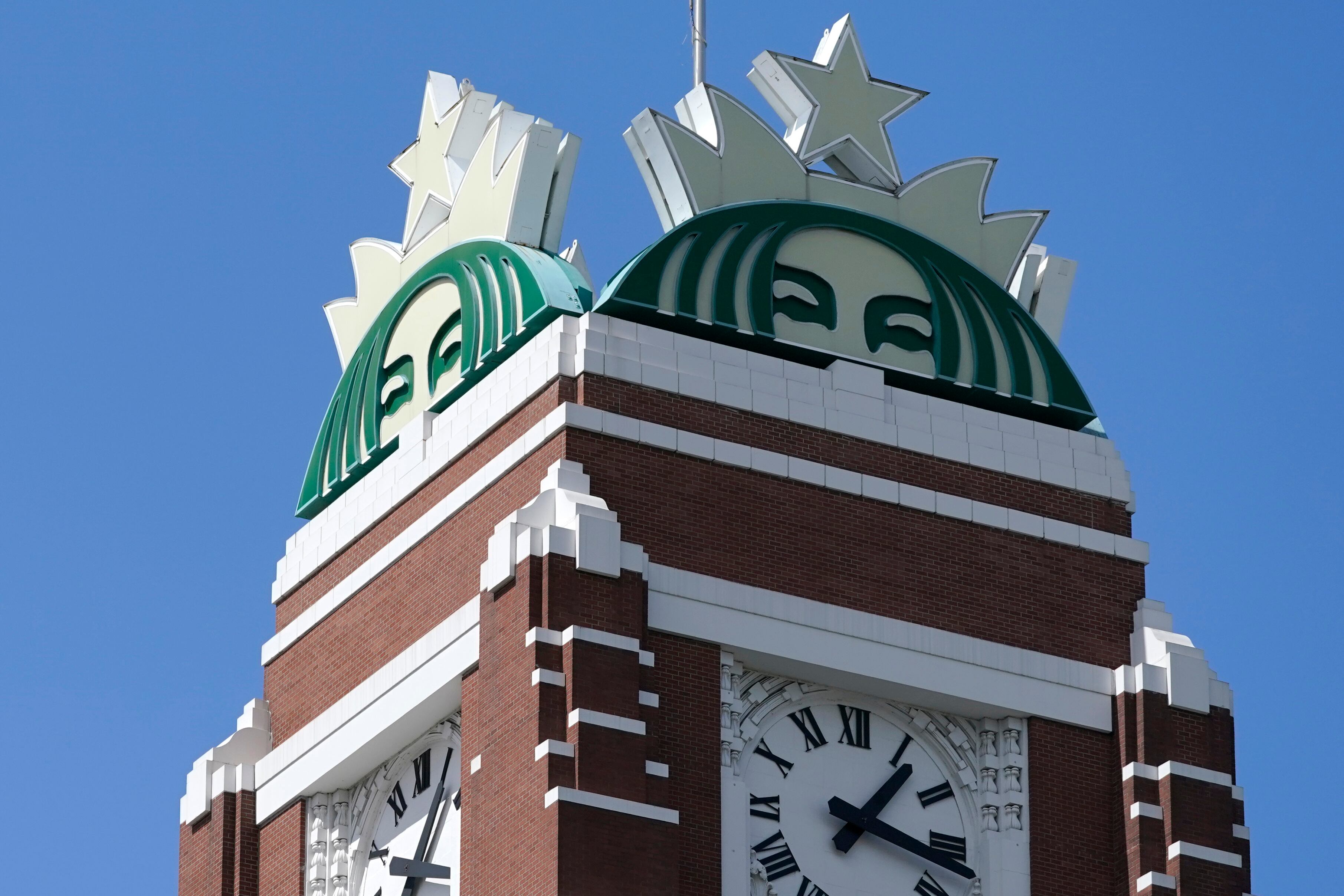By Damian J. Troise and Alex Veiga
Technology companies led a rebound for stocks on Wall Street Tuesday as investors welcomed signs that tensions might ease over the Russian military buildup on Ukraine's border.
The S&P 500 rose 1.6%. The gain snapped a three-day losing streak and nearly made up for all of its losses last week. The Dow Jones Industrial Average rose 1.2% and the tech-heavy Nasdaq composite climbed 2.5%.
Bond yields were mixed. U.S. crude oil futures fell, as did gold prices.
The rally came as Russia announced that some units participating in military exercises around Ukraine would begin returning to their bases. Later in the day, Russian President Vladimir Putin said Moscow is ready for talks with the United States and NATO on military transparency and other security issues. Still, President Joe Biden said Tuesday that the U.S. had not yet verified Russia’s claim of a troop drawdown.
“The anxiety retreated,” said Sam Stovall, chief investment strategist at CFRA. “It looks as if there’s still hope for a diplomatic solution.”
The S&P 500 rose 69.40 points to 4,471.07. Roughly 80% of stocks within the benchmark index notched gains. In addition to technology stocks, banks and companies that rely on consumer spending also helped lift the market.
The Dow Jones Industrial Average rose 422.67 points to 34,988.84 and the Nasdaq rose 348.84 points to 14,139.76.
Smaller company stocks outpaced the broader market. The Russell 2000 rose 55.67 points, or 2.8%, to 2,076.46.
Bond yields continued rising. The yield on the 10-year Treasury rose to 2.05% from 1.99% late Monday. The gains helped lift banks, which rely on higher bond yields to charge more lucrative interest rates on loans. JPMorgan Chase rose 1.5%.
Treasury yields have been gaining ground throughout 2022 as investors prepare for the Federal Reserve to start raising interest rates to fight inflation. The central bank is expected to start raising rates in March and traders see a 61% chance for a first hike of half a percentage point, double the traditional move.
U.S. benchmark crude oil prices slumped 3.6%. Oil prices have been volatile amid tensions over Russia potentially invading neighboring Ukraine. Russia is a major energy producer and military action that disrupts supplies could jolt markets and global industries.
European markets, which have been sensitive to tensions between Russia and Ukraine, recovered some of their losses Tuesday after Russia said it was withdrawing some troops, however analysts noted that the rebound belied some skepticism.
“While this is an encouraging development, talk tends to be cheap and so far, there has been little evidence of that happening on the ground, which perhaps helps explain why today’s rebound has been cautious, relative to recent losses,’’ said Michael Hewson, chief market analyst at CMC Markets UK.
The concerns on Wall Street over the potential conflict were piled on to a long list of threats for the broader financial markets and global economy that include persistently rising inflation's impact on businesses and consumers. A report from the Labor Department on Tuesday showed that wholesale inflation surged again in January, rising 9.7% from a year earlier.
“Today is clearly a rally on less geopolitical tensions and really ignoring the inflation picture,” said John Lynch, chief investment officer for Comerica Wealth Management.
Inflationary pressure is still gathering momentum, Lynch said, and that makes a half-percentage point hike from the Fed in March almost necessary to reinforce that the central bank is serious about fighting inflation.
Rising costs have been crimping operations for a wide range of businesses and prompting many to raise prices on finished goods from clothing to food. That has raised concerns that consumers could eventually pull back on spending, therefore hurting economic growth. Investors will get an update on retail sales on Wednesday when the Commerce Department releases its January report.
Investors also have their eye on the latest round of corporate earnings, including DoorDash on Wednesday and Walmart on Thursday.
___
AP Business Writer Colleen Barry contributed from Milan.
Updated on February 15, 2022, at 5:39 p.m. ET.













